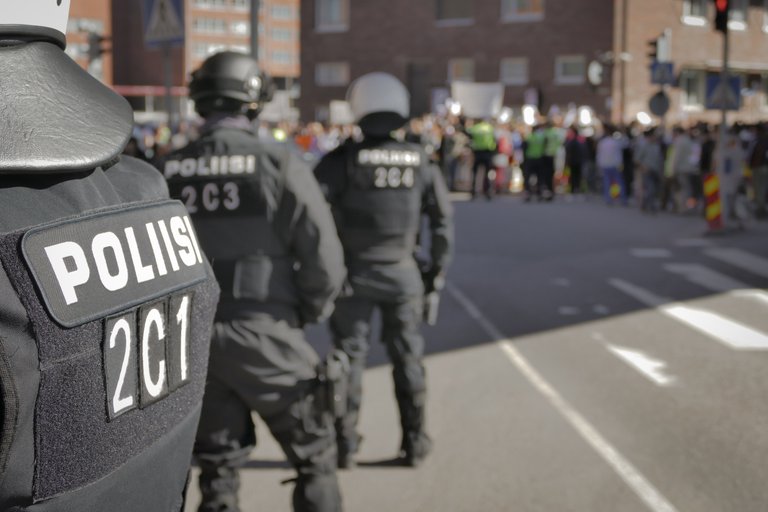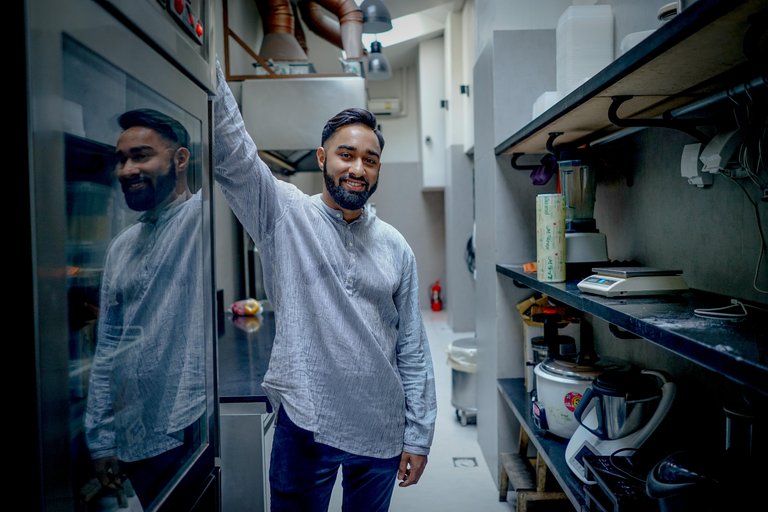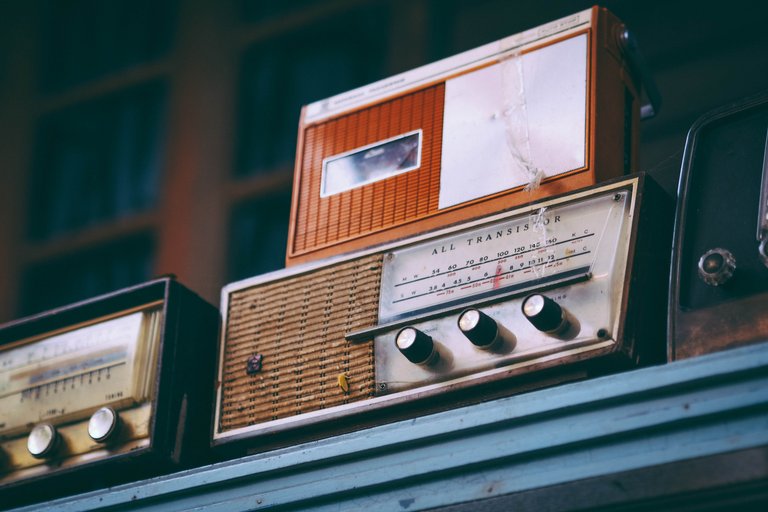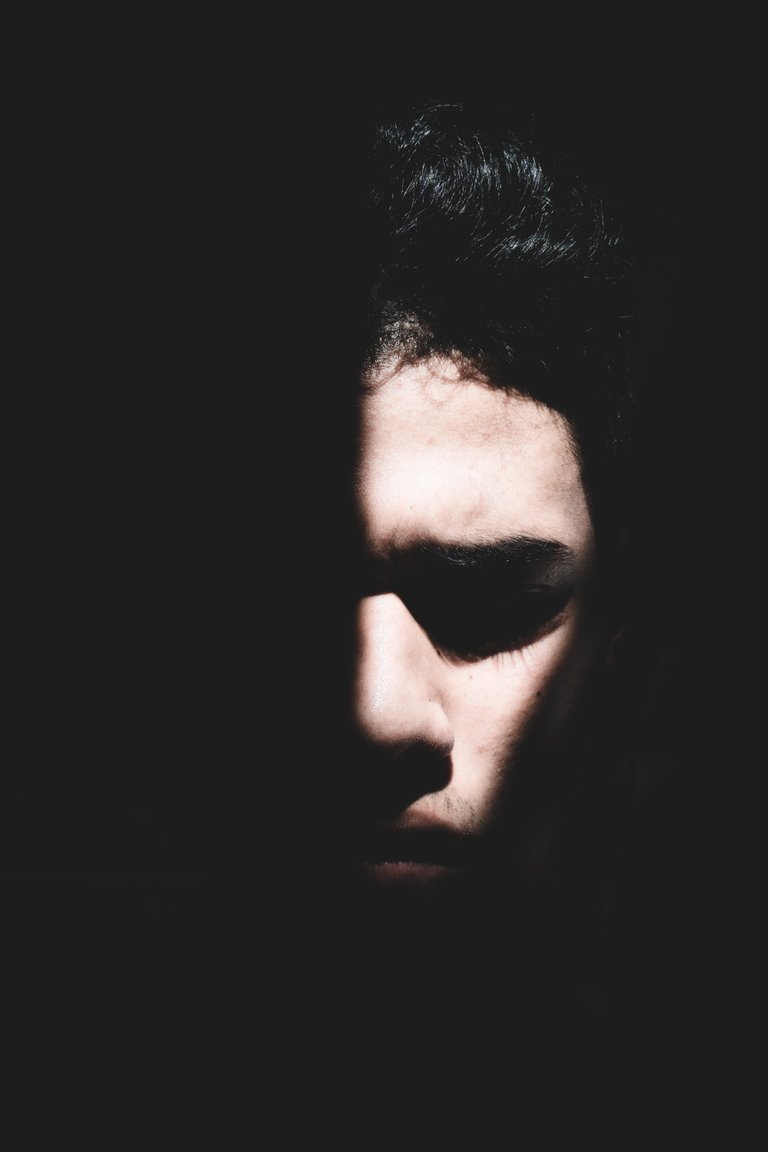MUHTAR NDELELE: JUNE 1977
Warder Liffrang stumbled out of his office, his walkie-talkie in one hand.
"Bravo this is Ground Zero,‟ he called. "We have a red sky… I repeat, red sky…authorize
your men to begin Eagle Dance…I repeat, initiate Eagle Dance with immediate effect... Copy that…Over and out,‟ he said and pulled out a gun.
" You come with me…and you, do not leave this place. Lock the journalist inside and make sure no one gets anywhere close to him. And if the journalist acts funny, shoot him,‟ he
barked instructions to the guards.
"What'd you mean? You are not going to leave me here,‟ I shouted. The walkie-talkie
bleeped again.
"This is Ground Zero, over...Dead body?... Seal off the cell at once…I am coming there now! Over and out,‟ he said. Warder Liffrang cast a brief look at me, shook his head and then left hurriedly.
"What! Wait! You can't leave me in here!‟ I cried and shook the door bars.

Source
I scurried to the window. Three heavily armed guards stood outside guiding the window. Struck with panic, I searched their faces, as if the answer could be found there. As far as I could see on this side, there were well over fifty unsmiling men armed with visors and big sticks. A helicopter hovered in the velvety dark sky, its blades littering the atmosphere with dust. I listened hard for signals, anything. There was none, save the rapid movement of vehicles and quick footsteps and the loud, indistinct shouting of instructions among the guards. Then two or three rapid gunshots cracked into the air in quick succession. I dived on my belly as quickly as I could. The hairs on my arms stood to attention as a militia of cold chills marched down my spine. I could hear the cacophonous thrumming rhythm of my tympanic heartbeat as it echoed furiously and louder. Another gunshot boomed and a man shrieked. I crawled under my belly to the window again. About six guards scuttled through menacingly with dogs. The dogs barked wolfishly in a pack, their tabby coats merged with the fading dappled shadows.
I shook my head violently, hoping my thoughts would coerce now. Everything was happening too fast – Miranda's sudden appearance at Guda, the attack on Beacon Hill, and the death of General Muaziah. No, it couldn't be true. But who planned the attacks? Couldn't possibly be General Aszo, the man who saved me the other time. General Aszo didn't have what I thought it'd take - moral capacity - to overthrow the tyrant. He was just as guilty from his silence as he was from scratching the back of the General whenever it itched. Not only that, he was pretty too weak and could not be trusted for such a huge task. Unless of course, he had help from the Americans. It was least likely. President Gerald Ford had played the 'do-nothing' card
for the most part, preferring a carrot-and-stick diplomacy to the more militant, swift approach
recommended by Anza Jacobs shortly before his death. If only he'd replicate in Panfritoria what
he did in South Africa, what he did when he was but a lad.
.jpg)
Source
A quiet, triumphant smile creased my face. General Muaziah, Panfritoria's number one
enemy, is gone. I thought to myself, tyranny is such a bitch. A man can always steal the people's mandate. But he cannot keep it forever. The willpower of the ruled will always be stronger, more brutal and lethal than any firepower of the despot. Thus, no matter how long it takes, no matter the level of killings and plots, a tyrant can never outlast the will of the people. General Muaziah may have thought otherwise, and so underrated the people to his doom.
I was lynched out of my thoughts by a husky baritone voice that came filtering in from
the radio room. I quickly sat up, straining my ears hard enough so I could hear what was being said.

Source
"Fellow Panfritorians,‟ it began, "Only five hours ago I led a team of brave patriotic
junior officers of the Panfritorian Army to recapture your mandate which was unjustly stolen three years ago by a corrupt section of the Panfritorian Army. We are fully aware of the political, economic and social damages that our dear nation has had to suffer under an unjust and tenebrific regime. We are glad, therefore, to formally announce that the era of impunity is over and the grand architect of that colorless era, General August Muaziah, is dead. For the avoidance of doubt, General Muaziah was shot six times in the head when he tried to resist arrest.‟
It paused and coughed.
"We wish to commend our friends in the international community, especially the
government of Nigeria under His Excellency, General Olusegun Obasanjo, for their support to
this freedom movement. While we expect more of such goodwill in the coming days, we are
appealing to all Panfritorians to remain calm and go about their normal businesses. However, to forestall the breakdown of law and order, I am hereby banning all public gatherings of more than five persons per time. Also, be informed that a temporary dusk to dusk curfew has been imposed nationwide…‟
The transmission ceased and a whoosh followed. Some few seconds later the voice
gradually seeped back its way through the whoosh until it became distinct once again.
"…and the National Congressional Act of 1959. Moreover, as a demonstration of the sheer determination of this administration to ensure a smooth transition from military rule to civilian rule, I shall in the coming days unban all political as well as socio-political activities subject to the recommendation of the Independent Commission. In addition to that, I have ordered the immediate release of all Panfritorians and non Panfritorians that were illegally detained for various charges set forth by the past regime…‟
It ceased again. There was no doubt in my mind who the voice belonged to. It surprised me that I didn't see it coming. Perhaps if I had refused to let my sentiments get the better of my objective mind, it'd have been easier to see the patriot in the parrot General Aszo. Hidden in that mask of blind loyalty was a tincture of self-conviction, of self-confessed truth. But one could not be sure when General Aszo switched sides. What triggered it, I pondered. Or was it the military action that resulted in the death of over eleven hundred protesters in Pango Park two months ago? But the site of blood ought not to move a man of that rank, I thought hardly. So was it the death of Anza Jacobs, his kinsman, of whom he had described some years ago as the greatest black man alive? It would seem so.
The transmission popped back to live again. I smiled as it did. The signals were heavily
jammed this time, although one could still make out the faint tune as it poured into the tensed
atmosphere:
Land of the brave
Land of the free
Our treasure forever
Our pride yonder
O hark now the glorious trump
Rise ye to the task ahead
That one nation under one God
We shall thrive
As in now, as in always
"As in always,‟ I said to myself, recalling an incident that happened in my Grade
Four days several years ago. I was pulled out to the front of the class and forced to sing the
Canzula on pain of farm work. When my father found out, he ordered my mother not give me
food for the whole day. He had expected me to boldly bear the consequences of obeying God and His beloved church, the GOC. Nothing could be more ridiculous. I grinned and rolled my head in despair.
I wished I was in my cell now. It seemed a slight revolt had brewed. Few hours ago the air had smelled of certain death, of blood. But how did Mbegha react to the news? Mbegha would certainly look pleased, I thought. Or perhaps not. For Mbegha, it didn't matter to him what happened or did not happen beyond the prison walls. He'd always believed he had no business with what did not concern him. Absenteeism was just as bad a disease of the mind as idleness, I would tell him. He'd miss freedom long enough to forget what freedom tasted like. I told him I'd secure his release once I got out. He had laughed, quickly dismissing the idea. I smiled, knowing that that time had come.
"Unlock the bars,‟ a voice ordered and keys jangled into motion. I swiftly jumped to my
feet, a flurry of excitement jetting through my veins as Warder Liffrang wobbled in.
"I suppose you have your prison under control now, Warder,‟ I said cheerfully. "I need to
contact my family immediately and tell them I'd be coming home tomorrow,‟ I said hurriedly.
For a reply, the Warder brought out a white handkerchief and mopped his face. He sighed
heavily, his face numb and jaws tight.
"Is everything alright, Warder?‟
Warder Liffrang drew closer, trembling as he did, face creased with worry.
"Warder?‟
"Mbegha is dead.‟

Source